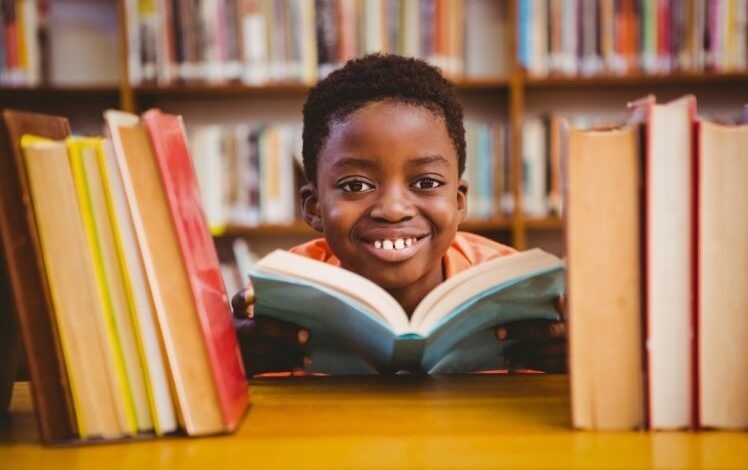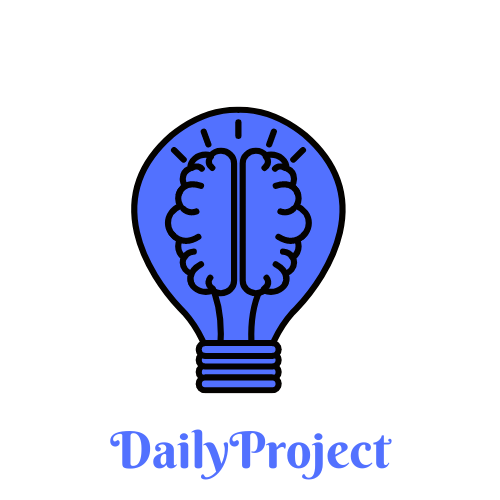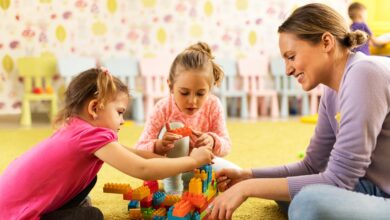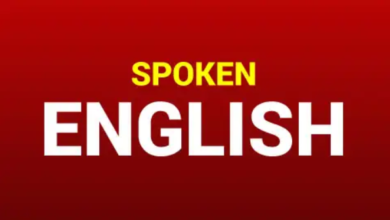Is Skill-Based Education Really Helpful for Students?

Students learn how to create a positive environment and motivate those around them. People are raising voices like should education be free for all, but which type of education, academic or skill-based it depends and should be clear. Life Skills Education helps students build a positive group of citizens who will contribute to the development of society in the future. It helps build character, and it helps to preserve society’s ideals. Life skills education refers to basic skills developed through real-world experience that allows students to deal effectively with all the problems they encounter in their daily lives.
The significance of skill-based education
Democracies require committed, responsible and educated citizens ready to assume the responsibilities of their families and communities in society. Democracies rely on citizens, including:
- The idea of socio-political conditions
- Knowledge of society and vicinal area
- Good debate skills and can analyze things in a better way
- Much better capable of fulfilling their role in society
- Responsible citizens
How youth can reap the benefit of skilled education
It helps them build self-confidence and self-esteem and successfully overcome problems and life changes such as bullying and discrimination. Life skills training for students can help them express their views in the school, their community and their community.
Life skills education can also help them create a positive atmosphere by developing the experience and skills they need to protect their rights and understand their responsibilities and roles while preparing for the challenges and opportunities of adult life and the workplace.
The motto of skill-based education
Giving proper quality education and life abilities will help develop the student’s skills.
- Making informed decisions.
- Make healthy lifestyle choices.
- Practising healthy behaviours.
- Beware of and recognize the dangers of health-related situations and behaviours.
Education in life skills is an important component of various education programs. These include:
- Prevention of AIDS and HIV
- Suicide prevention programs
- Providing peace education
- Preventing pregnancy in adolescents
- Prevention of addiction to drugs
- The protection of young and vulnerable children from harm.
The significance related to health
The Life Skills Curriculum deals with the interaction between physiological and social aspects that contribute to healthy behaviour. It also targets the needs of children in school and helps develop personal and social abilities to promote health.
The benefits in the education sphere
It affects the teaching of academic subjects because of how it is introduced.
Social benefits
Education Life Skills also encourages social behaviour and helps reduce the teen crime rate.
The financial benefits
Life skills education is considered one of the subjects most valued by young people who will become workers of the next generation. This is particularly important for young people brought up in a multicultural society.
The ethnic skills
Life skills and values help define how children and young adults grow into modern society.
Conclusion
Life Skills Training is essential for any child to acquire and helps them move into adulthood, and it helps to bridge the gap between basic functioning and opportunities.
Also Read: How Social Media Has Helped Students in Education Improvement




